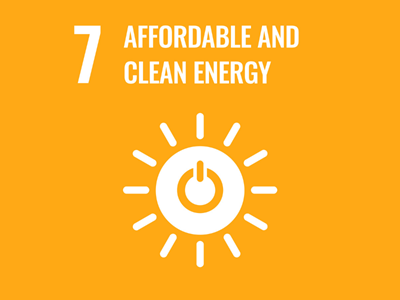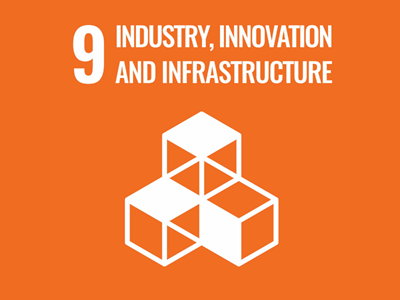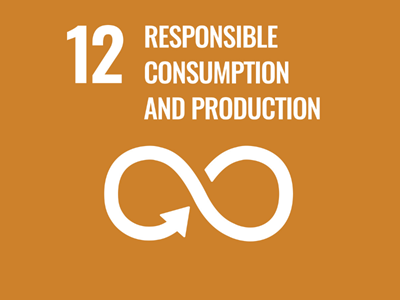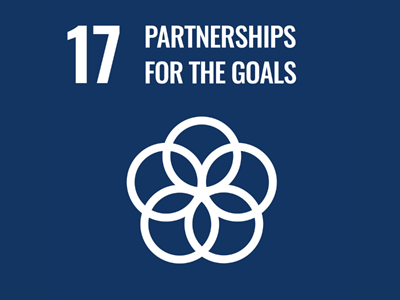About the Project
TwinAIR: Digital Twins Enabled Indoor Air Quality Management for Healthy Living
TwinAIR aims to investigate how air pollutants in indoor spaces can adversely affect the health of the people inhabiting them to support public health through community awareness and policy making.
NOVA IMS leads the socioeconomic Factors Analysis and Methodological Framework WP (Citizen's environmental behavioural analysis task).
Main objectives and activities:
- Establish a Health Hazard Identification evidence-based Framework for classification of sources and routes of exposure/dispersion of chemical and biological indoor air pollution;
- Assess parameters that affect indoor and outdoor air quality for modelling relationships of the factors that have an impact on the indoor-outdoor air quality continuum;
- Promote the adoption of the TwinAIR modular software and hardware technologies as an integrated set of next generation solutions for improving indoor air quality at discrete domains;
- Detect the synergistic effects of exposures to biogenic particles and chemical substances extracted from indoor environments in an ex vivo 3D human air-liquid interface lung model and evaluate dose-response relationship to those exposures;
- Evaluate body burdens resulting from multipollutant and biological indoor exposures and associated health effects based on results from real life pilot demonstrations and of short- and long-term dose-exposure assessments;
- Determine desirable and acceptable indoor air quality conditions based on the results of dose-response risk assessment studies separating scientific conclusions from policy judgments for providing a robust health risk characterization assessment;
- Enable air quality management with the development of an intelligent toolset based on the Digital Twins technology for IAQ improvement and disease burden reduction;
- Reach consensus on the best approaches and practices applied and develop guidelines on IAQ related findings and health impacts from project activities in several domains;
- Contribute to the EC Open Research Data pilot by encouraging sound data management through the project lifecycle and beyond, by following the ethical and security standardst.










